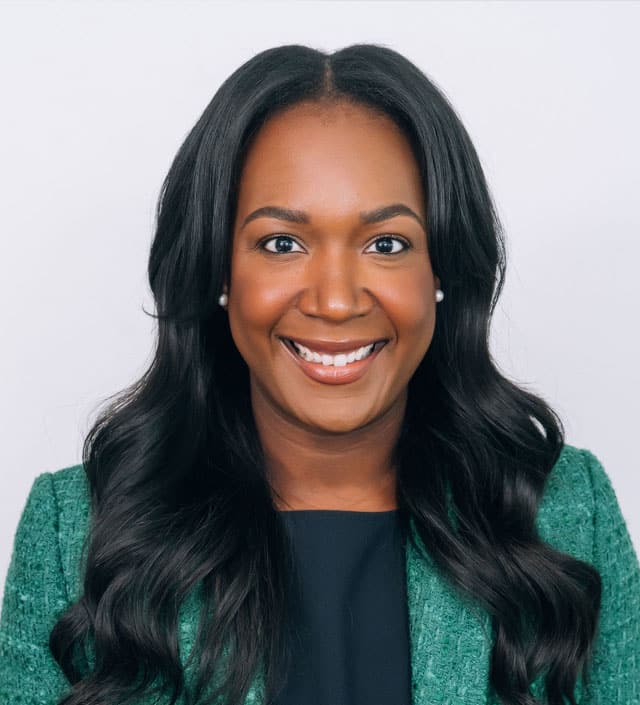
As a youth, when we wanted to get someone’s attention, we might have yelled “Hey!” When my folks first heard me do that, they said, “Hay is for horses” because it’s impolite to try and get attention by yelling “Hey!” Nowadays, so many emails, voicemails, video mails, etc. begin with, “Hey, Dave (or your name)!”
My first reaction is, as you might expect, hay is for horses. I don’t usually say it out loud, but I do think it and realize it’s not meant as my parents saw it. Nevertheless, as a senior, I find it less than respectful — and I’m sure I’m not the only one. I wonder how many other seniors think that — and I wonder whether younger professionals think about how seniors respond to “modern” expressions.
Dive Deep to Know Your Client
My point is, for financial advisors who focus on seniors as prospects and clients, it would be more appropriate to be aware of words that were not in our vocabulary when we were younger. Language can be important to some seniors. This is a reminder to “Know Your Client” and know them in detail. Play a CSI detective and take a “deep dive” to get as much information as possible: What are the names, ages and even the birthdates of their children (if they’ll share this)? What are their hobbies and interests? What about their parents? Are they pet owners, etc., etc., etc.
We are in the relationship business, not the product business, and the more you know about your clients the better and more relevant your actions can be. Can you imagine addressing a client named Michael, by Mickey?
I noted above I have been addressed as Dave. But my preferred name is David. There’s a reason for that, which is personal, and you wouldn’t know unless you asked. It was what my mom called me and when she passed away it became my preferred moniker. (For younger folks, moniker means name.)
I suggest calling prospects and clients Mr. or Ms. until they suggest calling them by their first names. If necessary, you can ask what they prefer to be called. They will likely state their first name, but it’s often because they want to be seen as friendly rather than it being their preference. I would stick with Ms. or Mr. and have the senior suggest an alternative. Many or most will do so. You may note that most doctors will call you Ms. or Mr., despite you asking them to call you by your first name; most don’t unless they are also friends. Many seniors including myself mostly show the same respect back by referring to them as “Doctor.”
Use the Language of the Client
There are other words that were not in our vocabulary a half century or so ago.
It took me a long time to figure out the word “hack” and I don’t think I ever got a real definition. As far as I knew, hack was to cut with rough or heavy blows, as in “hack off the dead branches.” It also has come to mean, as we see in many articles and stories, “using a computer to gain unauthorized access to data in a system.”
We also meant a hack was someone not good at what they were doing or supposed to be doing. Instead, I more recently learned a hack is a special way of doing things that may help do it faster or better. It’s like a shortcut or unique approach to performing a task. An example might be, “Use this hack to get around the limitations of a maximum number of searches in free LinkedIn.” (By the way, I don’t have a hack for that.)
When I looked for popular slang on Google, there were many words, most of which I hadn’t heard before. One word was “lit.” Historically (i.e., up until last week), it meant drunk. Apparently, it now means the ever popular “cool” — which goes back decades. It also means “dope,” which apparently means the same thing, although we knew it as … well, you know, I wouldn’t want to admit an understanding of the word.
Apparently, dope also means “goat,” which most of you now know, thanks to Tom Brady, means greatest of all time. Formerly it meant a fool — the one who made the mistake that cost us the game, or even an old man as in, “She married that old goat?”
Language Changes Faster than Seniors
You can look up the newest teen slang yourself with a simple Google search such as “the newest slang words.” You will find YOLO, FOMO, gucci, salty, snatched, periodt (the “t” is not a typo), spill the tea, and many more. Look up “Netflix and chill,” if you want a lesson, or POS, for a definition that’s not “point of sale.” And the now-popular Karen, which apparently is becoming more broadly “typically used for a middle-aged white woman who seems to be personally offended by almost any solution that another person comes up with.”
Additional Reading: Use Maslow to Help Clients Reach the Top of the Pyramid
Just a suggestion, but when you are speaking with Medicare recipients, use the 1955 Webster’s which also excludes “yeah.” So say “yes” to avoid getting a “no” rather than a “naw.” The more you know about your clients, the better and more relevant your words and actions can be.
David Leo is founder of Street Smart Research Group LLC. He is an author, speaker, coach, consultant, and trainer to financial professionals. David has worked with the financial services industry for decades, originally as a consultant with IBM and then with UBS/Paine Webber before starting his own firm. If you would like more information about his services, contact him at David@CoachDavidLeo.com or visit www.CoachDavidLeo.com.







